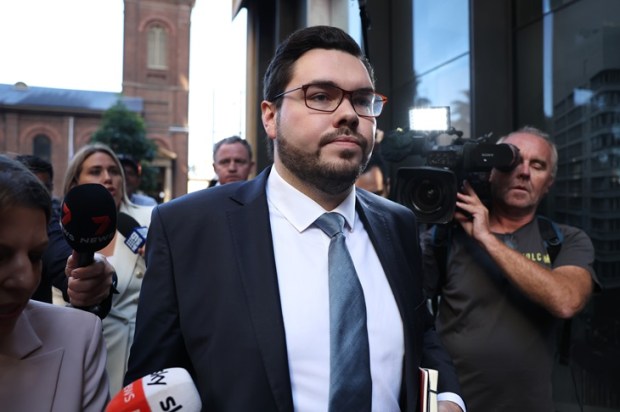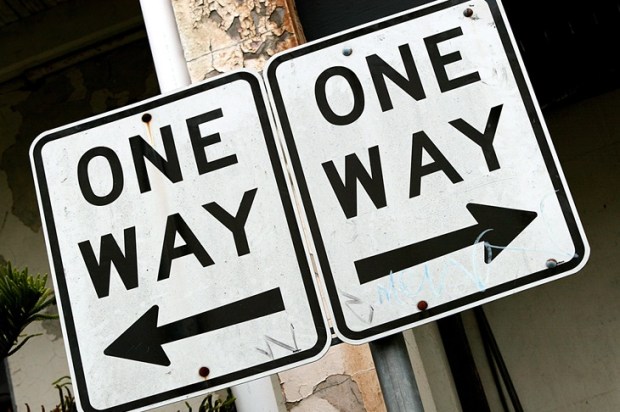If it’s up to our health experts – doctors, scientists and researchers, administrators and bureaucrats – we will never return to the “old normal”. If it’s up to our health professionals, Covid restrictions – border closures, lockdowns, masks, social distancing and so on – will go on and on in the foreseeable future. The advent of coronavirus and its never-ending mutations and strains might, in fact, mark the end of our life as we knew it and herald the “new normal”, ever under the shadow of a rolling pandemic.
Why? Because our health experts and professionals are enjoying it too much.
Before you get outraged at my imputation, let me assure you I don’t mean the medical-industrial complex out there is hooting with joy and cracking up bottles of champagne to celebrate every new variant. By and large – and not being able to peer inside the souls of men and women I prefer to give them benefit of the doubt – they are honourable people with good intentions. They want to save lives, prevent needless pain and suffering, minimise risks and banish sickness, save the grandmas from being killed and save the young from unforeseen long term consequences of what for them is generally a mild infection. These people take their Hippocratic Oath seriously, even those who are not medical practitioners and so not explicitly bound by it.
No, by enjoyment I really mean the satisfaction of what ancient Greeks called thymos, and which can be broadly translated into contemporary realities as the desire to be valued and the desire for recognition.
What war is for a soldier, global pandemic is for a health professional – most might never wish for it, but it is what they have been preparing for their whole lives. It’s their time. It can be frustrating being a health expert during ordinary times; you are just one of many different voices competing to be heard about your priorities, opinions and your vision for a better life for all. Now, you are centre stage. You are important and respected. People, from a next door neighbour to the prime minister or the president, seek your guidance, listen to you, act on your input, appreciate your expertise. You finally have influence, real influence, if not actually a degree of control. What you say goes. The media hang on your every word, punters out there are your captive audience, leaders feel more or less strongly obliged to follow – after all, you’re the expert, you know what you’re talking about, you have the answers.
Finally, you count, you really count, big time. Years of hard study and years of hard work have come to fruition, previous frustrations fall away. Millions of people appreciate your contribution and are grateful for your public service. You are a hero who is trying to keep the dragons at bay, save people from harm and death. This is not your everyday toil, patient by patient or a demographic by demographic; hell, this is the entire population, the whole humanity. There can’t be anything bigger or more important than that. Professional and public rewards are nice, but it’s not even about that – it’s the satisfaction of a job well done, of having made a difference, of having made an impact, having done good.
Once you have tasted and experienced this God-like power to order entire societies according to your best designs, once you acquire this unparalleled position, with its influence and its quasi-saintly public status, do you really want to give it back and retreat again into the previous obscurity when hardly anyone listens to you? And your power, after all, is not base and selfish like a politician’s or a business tycoon’s or vapid and inconsequential like a celebrity’s – you are selfless and working for the public benefit and the common good, and there is nothing nobler under the sun than trying to save lives and reduce human suffering.
Considering all this, it’s a sin you’re not at or near the helm all the time; how much better would the world be if they all listened to you about alcohol, cigarettes, sugar, lifestyle, and everything else. How much better it would be if we were an asclepiocracy instead of a silly mob. Sadly, it takes a global tragedy like a viral pandemic for people to finally sit up and listen.
This is the essential problem with any form of technocracy, or the rule by experts – they are all very single-minded about and focused on their particular priorities. Imagine a society organised exclusively according to the ideas of one group of wise people: health experts, environmentalists, economists. But life is not simple; it’s a never-ending contest between competing interests and considerations. Politicians are no one’s favourite, but at their best, as generalists, they weigh, mediate, reconcile and balance these different aspects of life.
To borrow from Archilochus and Isiah Berlin, experts are hedgehogs who know one big thing and politicians are (or should be) foxes who know many things. Extraordinary circumstances – like wars or pandemics – favour hedgehogs and restrict foxes, which is why every hedgehog dreams and desires to make its thing an equivalent of war. But only total war is war; everything else in life is a matter of trade-offs.
It’s time for the foxes to come out of the woods.
Arthur Chrenkoff blogs at The Daily Chrenk, where a version of this piece also appears.

























